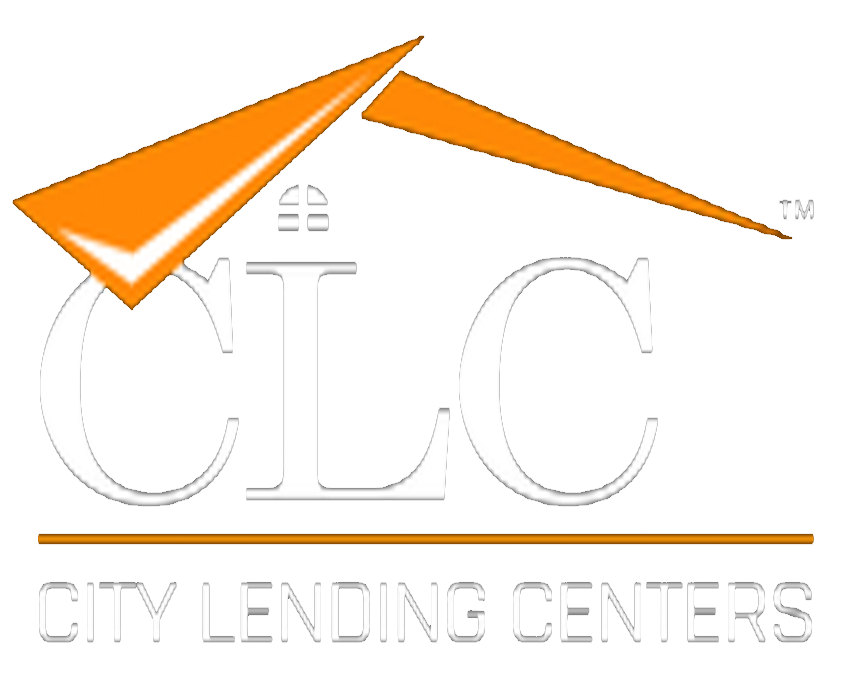Damaged credit history badly influences your financial goals. It makes it more difficult for you to obtain loans and credit cards. If you do get a loan it is important for you to keep this in mind that people with bad credit standings usually have to pay higher rate of interests than people with good credit standings. You’d also not fit in the eligibility criteria for credit cards with great rewards and benefits.
Rebuilding your credit can be more difficult than starting from scratch. With a big wrench in your financial life, you try your best to show lenders and credit card companies that despite the factors that caused some slip-ups on your part or adversities you had nothing to do with, you will make future payments as agreed.
Before you start to rebuild your credit, you should know where your starting point is. Once you get the idea of your credit standing, you can set your goals accordingly. Rebuilding your credit might be tough for you but it’s not impossible. Here are five ways that will help you re-building your credit.
1. Pay Your Bills on Time
The most basic thing you can do to improve your credit is timely payments. Pay your bills on time every month. Consider setting up payment reminders or automatic payment methods that to ensure no such delays in future payments. If you have any past due-payments, make sure to bring them current and ensure on time payment going forward.
2. Manage Your Credit Utilization Ratio
Seeing the credit card reaching its limit can become your worst nightmare. No one wants their credit cards to max out. Not only do the users dislike it but the creditors also don’t like to see credit accounts that look maxed out. The credit utilization ratio observes the difference between your credit card limit and the utilization of your available credit (your balance). The lower your credit utilization, the better it’d be for you.
3. Take a Secured Account
A secured credit card can build your positive credit history. With secured credit card, you deposit cash into a lender’s saving account as collateral or security and in return you’ll get a credit card with a credit limit typically equal to your deposited amount. Lender uses your deposited amount as collateral if you fail to pay your bills. But that doesn’t mean you can use your deposited amount every month to your pay your bills.
4. Seek Help from Your Friends and Family
Your friends and family can also help you in re-establishing your credit, here’s the ways they can do this (if they are willing to).
- Allow you to become an authorized user on their credit card.
- Act as a cosigner for a loan you might not qualify for otherwise.
- They open a joint account with you.
5. Get Help with Your Debt
If you are facing difficulty in your debt payments, you have options available to seek help.
- Credit counseling: A certified credit counselor can help you build a financial plan for the efficient management of your debt.
- Debt Management Plan: It focuses on eliminating your debt. You’ll have to deposit your funds every month with a credit counselor who will then use your money to pay unsecured bills according to a payment schedule the counselor works out with you and your creditors. Creditors might lower your interest rates or waive certain fees, but they’re not compelled to do so.
- Debt Consolidation: With debt consolidation loan, you get leniency in the amount of interests you pay every month.
